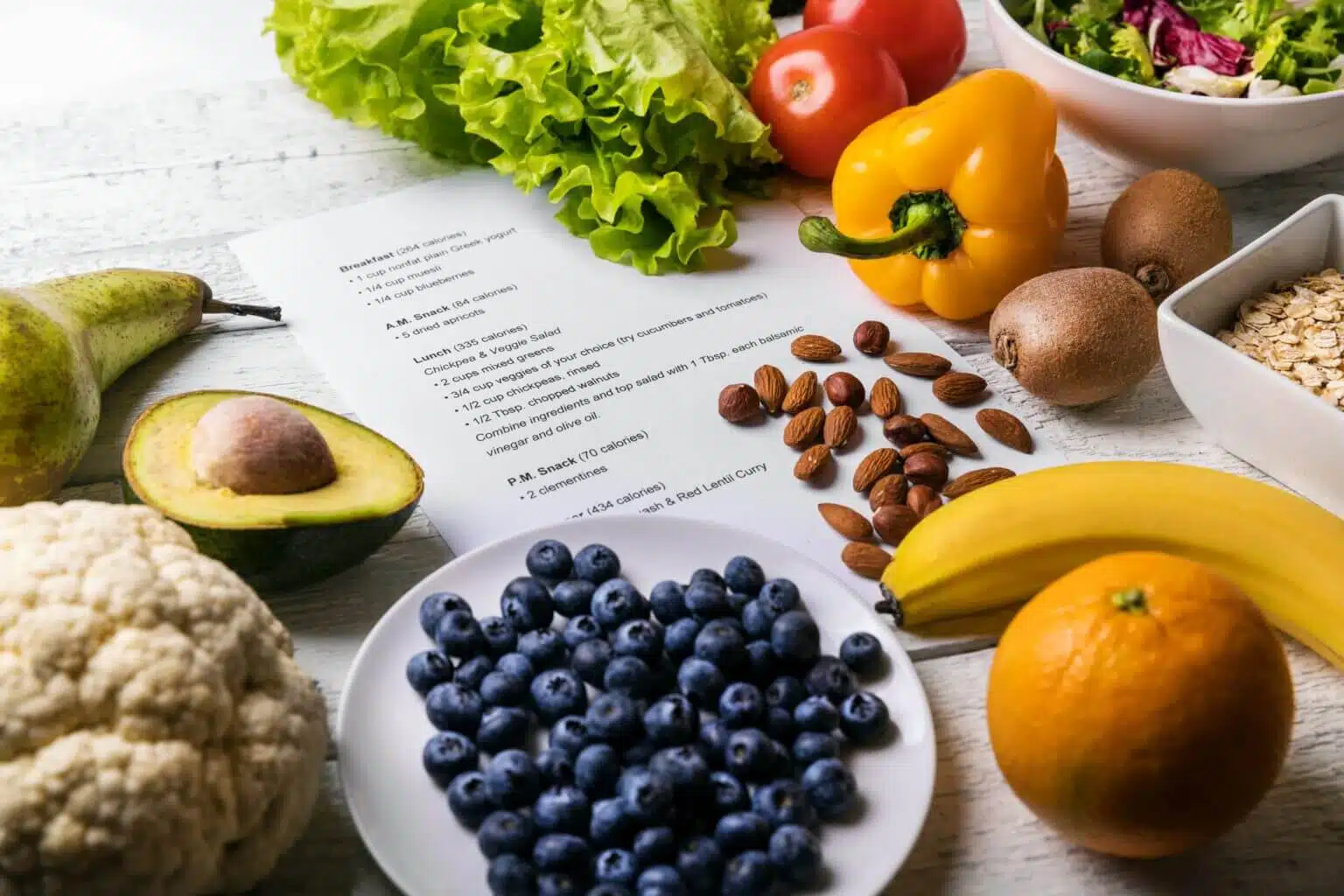Diet and Atrial Fibrillation

In addition to treatments such as medication, surgery, and other procedures, lifestyle changes, including diet, can play a crucial role in managing atrial fibrillation (AFib).
AFib occurs when the normal rhythmic pumping of the heart's upper chambers, the atria, is disrupted. Instead of a steady heartbeat, the atria pulse irregularly or rapidly, which makes the heart less efficient and forces it to work harder. This condition can increase the risk of serious complications, such as stroke and heart failure, which can be life-threatening if not addressed promptly.
This article provides an overview of the current research on how diet affects AFib, with guidelines on which foods to avoid and incorporate into your routine.
Foods to Avoid
Certain foods may negatively impact heart health and increase the risk of heart complications, including AFib and heart disease. Diets rich in processed foods, fast food, and items high in added sugar (like soda and sugary desserts) have been linked to a higher risk of heart disease, which can also lead to other health problems, including weight gain, diabetes, cognitive decline, and certain types of cancer. Here's what to limit in your diet:
- Alcohol:
Excessive alcohol consumption can raise the risk of developing AFib and trigger episodes in individuals with existing AFib, particularly those with cardiovascular disease or diabetes . Alcohol may also lead to hypertension, obesity, and sleep-disordered breathing, all of which are AFib risk factors . While binge drinking is harmful, research suggests that even moderate alcohol intake can be a risk factor. However, sticking to recommended limits—two drinks per day for men and one for women—may not increase your risk . Still, quitting alcohol significantly reduces the recurrence of AFib . - Caffeine:
For years, it was believed caffeine should be avoided by people with AFib. However, recent studies have not shown a strong link between moderate caffeine consumption and AFib episodes . In fact, consuming up to 300 milligrams of caffeine per cup of coffee per day, is generally considered safe . Energy drinks, however, are a different story due to their hne and sugar content, which have been associated with serious cardiovascular events . - Fats:
Cardiologists may advise cutting down on certain types of fatif you have AFib. Diets high in saturated and trans fats (found in butter, red meat, and fried foods) may increase the risk of AFib . On the other hand, healthier fats, such as monounsaturated fats found in olives, avocados and nuts, may be better for heart health . Omega-3 polyunsaturated fats, found in fatty fish like salmon, have also been linked to the risk of AFib . - Salt:
High sodium intake can elevate blood pressure, a known risk factor for AFib . Reducing salt in your diet can help maintain heart health, lower blood pressure, and to reduce your AFib, CDC recommends keeping sodium intake below 2,300 milligrams per day. - Sugar:
Research shows that people with unhealthy diets are significantly more likely to develop AFib. High blood sugar plays a role in this connection. Limiting foods high in added sugar, such as soda and sugary baked goods, prevents spikes in blood sugar levels and reduces AFib risk . - Vitamin K:
Vitamin K is vital for blood clotting, and individuals taking blood thinners for AFib must monitor their intake. While earl was to limit vitamin K-rich foods like leafy greens, current evidence suggests keeping vitamin K intake consistent rather than making drastic changes. Speak with your doctor if you are on blood thinners to ensure the right balance in your diet. - Gluten:
For those with gluten intolerance or celiac disease, consuming gluten may trigger inflammation, which can affect the heart and potentially worsen AFib symptoms. Reducing gluten may help manage symptoms in such cases. - Grapefruit:
Grapefruit contains compounds that can interfere with antiarrhythmic medications used for AFib. If you are taking medications like amiodarone, consult your doctor before consuming grapefruit or grapefruit juice.
Eating Right for AFib
Research suggests that losing weight can help reduce or even reverse the progression of AFib in individuals with obesity . A heart-healthy diet, foods low in salt and sugars, and unhealthy fats, while rich in vegetables, healthy fats, and lean proteins, can support both heart health and overall well-being.If you haven’t always followed the healthiest diet, it’s never too late to make positive changes.
